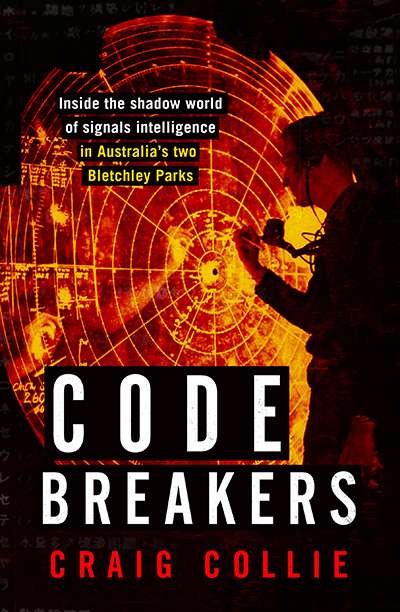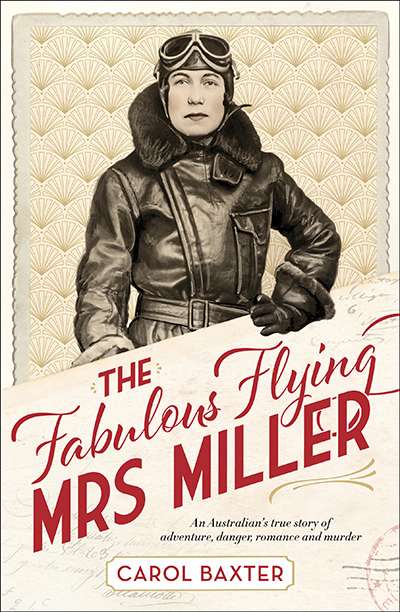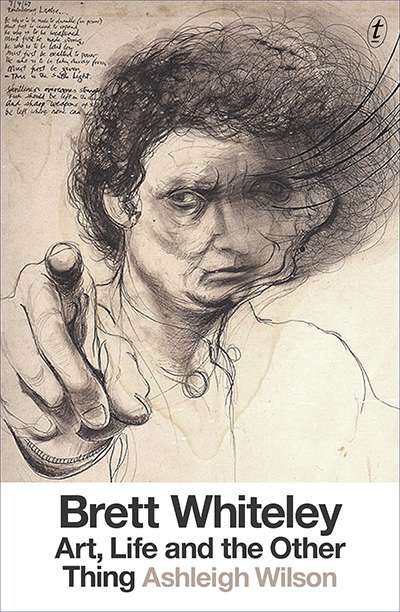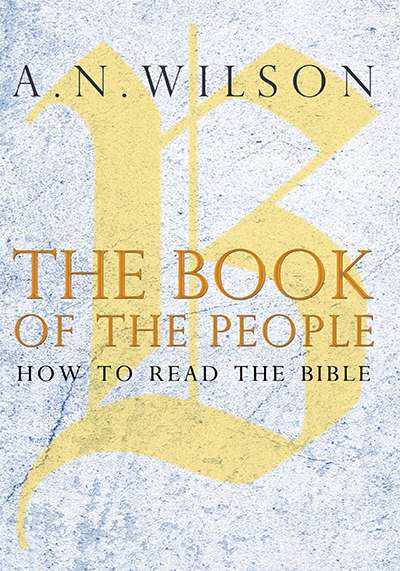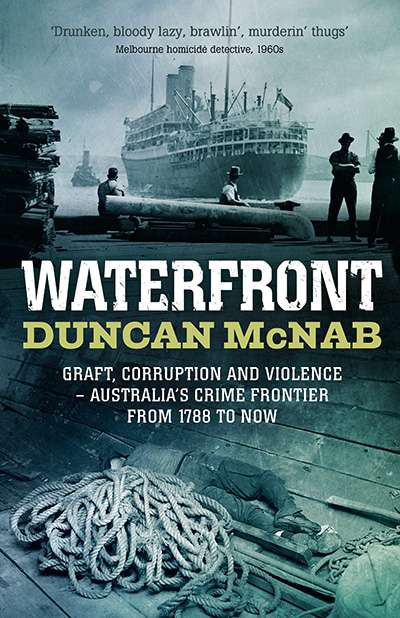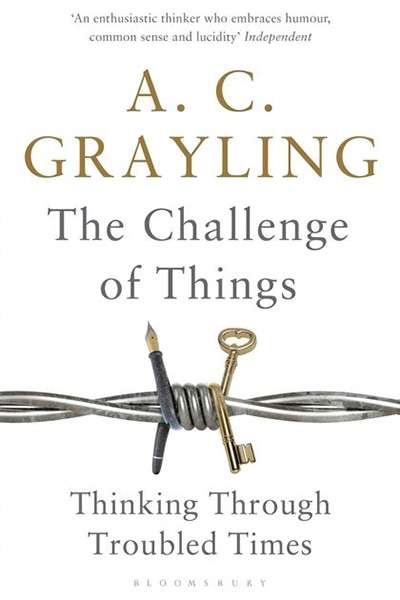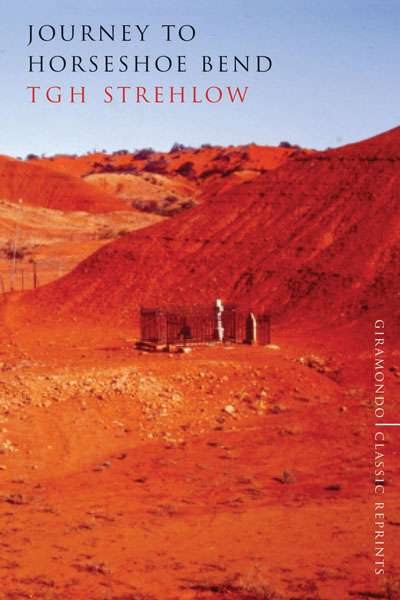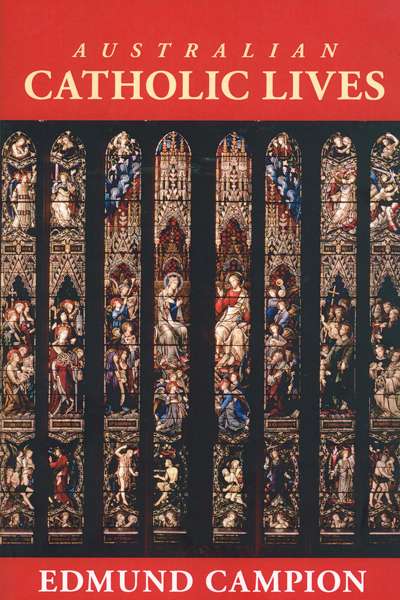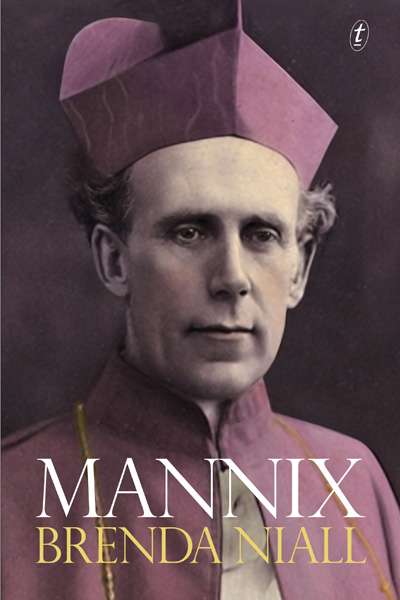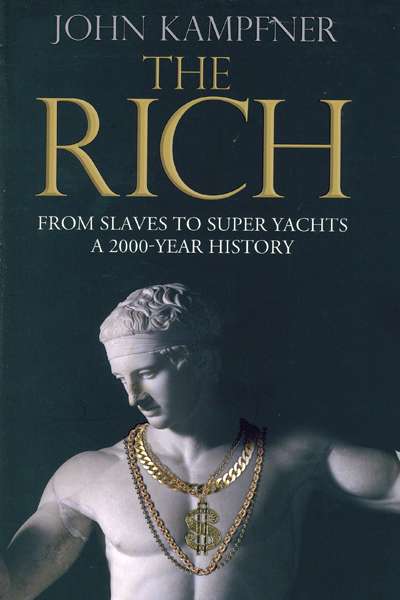Simon Caterson

Simon Caterson is a Melbourne-based writer whose first contribution to ABR appeared in 2001.
Among the glittering generation of pioneering aviators and aviatrixes of the 1920s and 1930s, Jessie ‘Chubbie’ Miller stands out as remarkably adventurous. Carol Baxter’s highly readable biography provides an engaging portrait of a young suburban housewife who decided, quite literally, to make her own way in the world. As Baxter acknowledges, for a biographer it is a tremendous story that ju ... (read more)
Notwithstanding the fact that he died alone in a hotel room following a heroin overdose at the age of fifty-three, Brett Whiteley led what for an Australian artist in particular may be characterised as a fortunate life. As Ashleigh Wilson relates in this excellent biography, Whiteley retained the capacity to astonish, despite his misadventures.
A middle-class upbringing and education in Sydney an ... (read more)
According to A.N. Wilson, the Bible is badly misread by those fundamentalists, whether believers or atheists, who choose to read it in a literal-minded way rather than as the supreme work of the imagination. For Wilson, the Bible is an inexhaustible source of poetic and moral stimulus, not an instruction manual containing strictures of uncertain historical provenance that make no sense to modern m ... (read more)
The Australian way of life has been much influenced by the proximity of most of the population to the coast. While we often think of the sunny side of that existence in terms of the beach, certain shadier aspects of the Australian experience have been shaped at the docks.
'Australia's major ports have been the birthplace of the nation, home to the tight-knit communities that were pivotal in the b ... (read more)
As a liberal-minded, London-based philosopher prepared to engage in the mainstream press with major topics of the day, A.C. Grayling is always up for a challenge. Although much of Grayling's commentary conforms to the classical liberal view of things, now and then logic dictates that he takes a stance that may seem radical in those terms.
... (read more)
First published in 1969 and out of print for nearly forty years, Journey to Horsehoe Bend is a literary classic that envisions an Australian epic on a grand scale. That epical potential was recognised by composer Andrew Schultz and librettist Gordon Kalton Williams, whose cantata adapted from the book had its world première in 2004.
Journey recounts the desperate and ultimately unsuccessful atte ... (read more)
‘Most history is simply lost.’ By means of a regular biographical column in the Jesuit magazine Madonna published over the past twenty-five years, Father Edmund Campion has preserved pieces of Australian personal history that might otherwise have been neglected, if not forgotten altogether. In this, the author’s second collection of biographical sketches (following Great Australian Catholics ... (read more)
With her long-awaited life of Archbishop Daniel Mannix, Brenda Niall, one of Australia’s leading biographers, has conquered a subject that for decades she regarded as compelling yet ‘intractable’. ‘As a presence (I wouldn’t claim such a remote and magisterial being as a neighbour) Daniel Mannix was part of my childhood,’ Niall recalls. She grew up in the once largely Irish suburb of Ke ... (read more)
Just how different are the rich from everyone else? F. Scott Fitzgerald wrote in a 1926 short story that they are ‘soft where we are hard, and cynical where we are trustful, in a way that, unless you were born rich, it is very difficult to understand. They think, deep in their hearts, that they are better than we are because we had to discover the compensations and refuges of life for ourselves. ... (read more)

